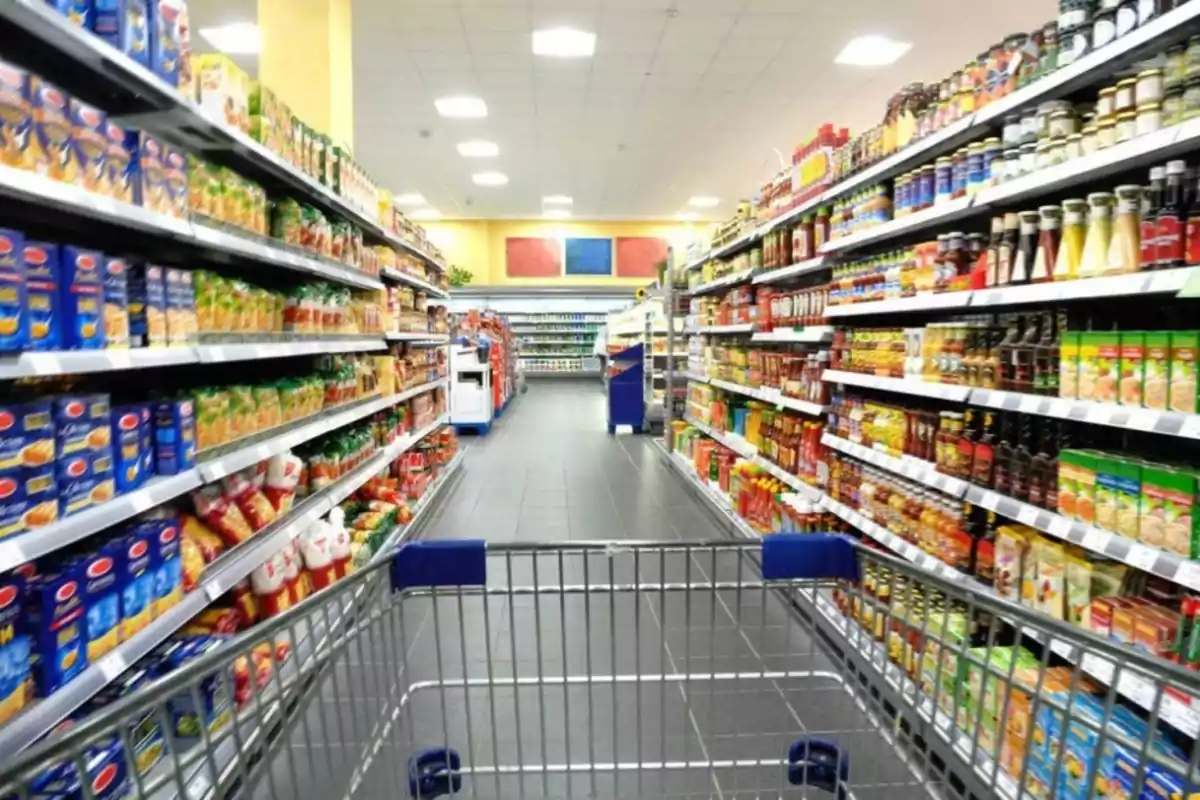
A study revealed that mass consumption grew by 3.4% in July 2023
Meanwhile, in the interior of the country, the monthly variation was even greater
A survey conducted by the consulting firm Focus Market, based on data from Scanntech, a platform that obtains information through barcode readers at 756 points of sale distributed throughout the country, revealed that in July 2025 mass consumption grew by 3.4% compared to the previous month.
The study also indicates that the number of tickets issued showed a 2.1% increase compared to June, while the average number of units per ticket rose by 0.6%.
In the Buenos Aires Metropolitan Area (AMBA), consumption registered a 6.6% increase in July, along with billing that rose by 6.4% compared to the previous month. Meanwhile, in the rest of the country, the monthly variation was even greater: consumption expanded by 9.3% and billing grew by 10.1%.

Regarding purchasing habits, the director of Focus Market, Damián Di Pace, explained that "in a context of slowing inflation and greater predictability in future price variation, the purchasing pattern is normalizing. Households no longer feel the urgency to stockpile; instead, they replenish more regularly and in volumes more closely aligned with immediate needs."
The report notes that performance varied according to the type of store. In the Self-Independent format, consumption grew by 15.1%, with an average ticket of $10,811.
In large self-service stores, the increase was 17.6%, with an average ticket of $9,845. Medium-sized self-service stores recorded a 21.3% increase, with an average ticket of $7,566, while small self-service stores experienced a 21.4% increase, with an average ticket of $6,795.

Changes in the consumption pattern
Di Pace warned that a change is taking place in the macroeconomic cycle. "The relative stability of prices, even at high levels, reduces the incentive to bring forward spending and allows income to be reallocated to other sectors, such as spending on services. The challenge for mass consumption companies will be to adapt to a market that is leaving behind the 'sales peak due to stockpiling' and is moving toward a more stable demand, but with lower volume in each purchase," the economist pointed out.
The study highlights that the consumption pattern shows clear differences compared to the previous year. "After a 2024 marked by inflationary inertia and uncertainty about the value of money, Argentine consumers had adopted a defensive behavior: they brought forward purchases, accumulated non-perishable goods, and 'took refuge' in stock as a way to preserve purchasing power in the face of sharp price increases," Di Pace explained.
More posts: